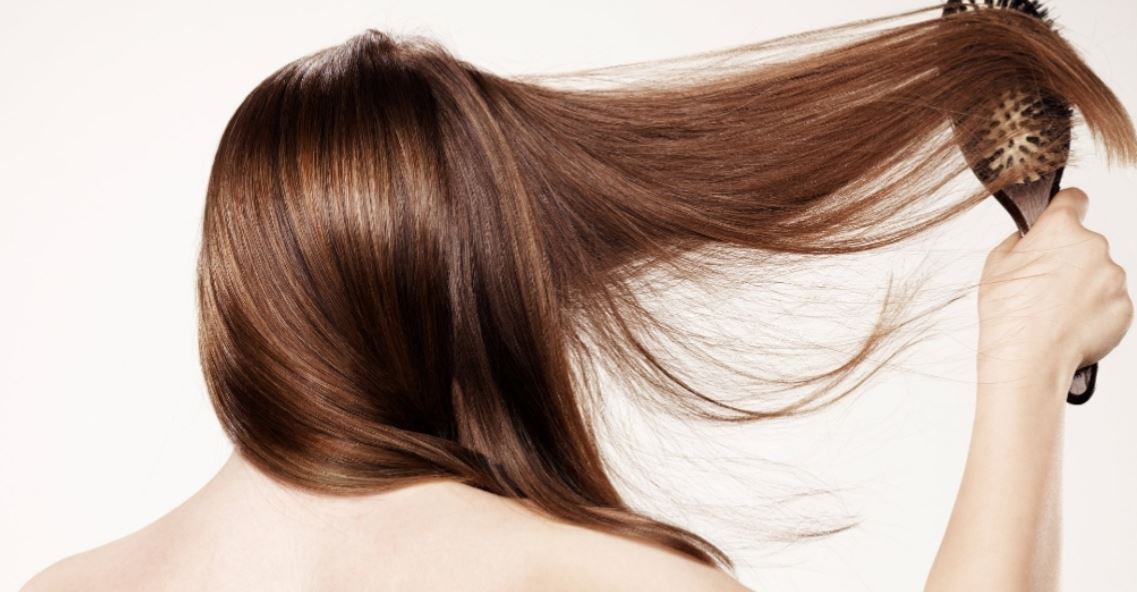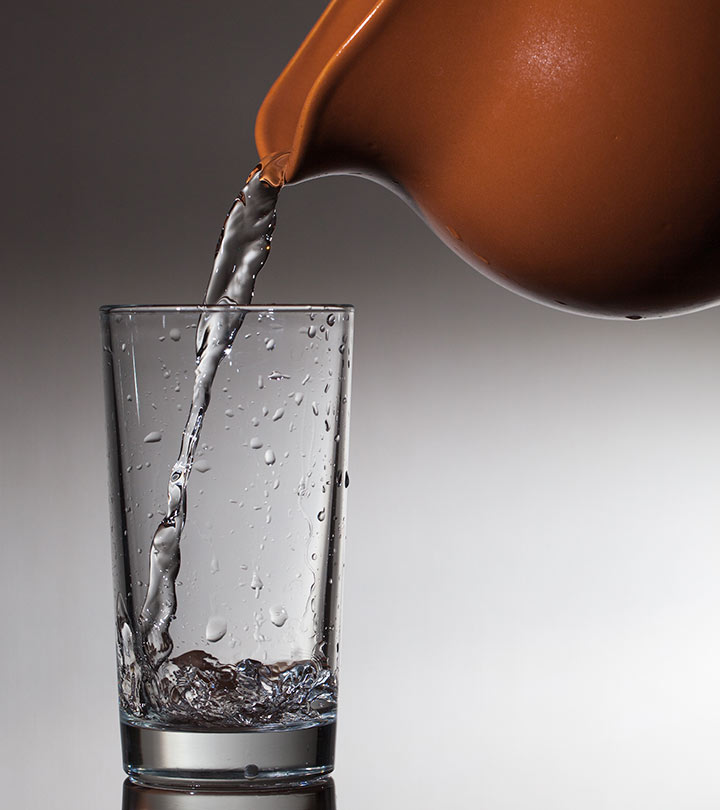What Vitamin Deficiency Causes Hair Loss: Everyone experiences hair loss every day. In fact, according to the American Academy of Dermatology, it’s normal to lose around one hundred hairs per day. But when we begin to notice signs of more significant hair loss, such as excessive hair in our hairbrush, shower drain, or noticeably thinning hair at the temples or crown, it might be time to talk to your doctor and explore the possible reasons for your hair loss.
While many men feel sensitive about thinning hair, for women this can be devastating. Men can shave their heads and still look handsome and virile, which looks much better than a comb-over, but for women, the solution is much more complex. Thinning hair in women can cause emotional distress.
One of the causes of hair loss is a diet deficient in specific vitamins and nutrients. Having vitamin or mineral deficiencies can cause many symptoms, from cracking in the corners of the mouth and bleeding gums, to dandruff and restless leg syndrome. But what specific vitamin deficiencies causes hair loss?
Vitamin D
Excessive hair loss has often been linked to vitamin D deficiency. Vitamin D stimulates the hair follicles to promote hair growth and also thickens the growing strands. It’s known to promote the development of new hair follicles. Low levels of vitamin D have been associated with alopecia, or patchy hair loss. Studies have shown that increasing vitamin D levels in the body can effectively “wake up” dormant hair follicles and support new hair growth.
The body produces vitamin D as a reaction to sun exposure. It is also present in many foods, such as fish, mushrooms, fortified milk, fortified orange juice, avocados, chia seeds, and nuts. It’s also available in supplement form or combined with other helpful hair-nurturing vitamins in some of the best vitamin supplements for hair growth.
Biotin (Vitamin B7)
Because Biotin is present in many foods, being biotin deficient isn’t common. A person can become biotin deficient by certain life-style choices which can deplete the body of biotin, such as drinking alcohol in excess, smoking, and taking certain medications, including acne medications and antibiotics.
If your doctor suspects you are deficient in biotin, you can consume foods that are especially biotin-rich, such as eggs, cheese, rice, almonds, and some fruits and vegetables, including spinach and sweet potatoes.
Increasing your biotin intake can not only reduce hair loss, it also promotes healthier growth of fingernails, and healthy skin. Many of the best hair vitamin supplements are rich in biotin.
Vitamin A
We’ve all heard that vitamin A—found in carrots—is good for the eyes, but it’s good for us in many other ways as well, including for hair growth and overall health. If you are deficient in vitamin A you can increase your intake by consuming carrots, sweet potatoes, fish, leafy green vegetables, cantaloupes, bell peppers, broccoli, winter squash, and grapefruit.
Interestingly, consuming too much vitamin A is also known to cause hair loss. High toxicity levels of vitamin A can also lead to hair loss or thinning hair. Having too much vitamin A is rare and is typically linked to overuse of vitamin supplements, including vitamins for hair growth. Always follow all the directions on the label of vitamin supplement bottles.
Zinc
Having lower than normal levels of zinc has also been linked to hair loss or thinning hair. Zinc is not a vitamin, but an important mineral. Zinc is a necessary mineral to support optimal cell function. Being chronically low in zinc has been linked to a condition known as telogen effluvium hair loss. This is often linked to thyroid disease. 8 milligrams of zinc per day is recommended for women and 11 milligrams for men. Zinc deficiencies are most common in pregnant or breastfeeding women, heavy drinkers, vegetarians, or people with certain digestive disorders. You can increase your daily zinc intake by consuming zinc-rich foods such as meat, shellfish, legumes, seeds, nuts, dairy, whole grains and dark chocolate (A great excuse for indulging in chocolate!).
Iron
Iron is an essential mineral. Iron works to create hemoglobin in the body which is necessary for transporting vital oxygen to cells throughout the body. When the body is low in iron, the oxygen levels in the blood may be low, requiring the body to concentrate on sending oxygen to the most vital organs. This means that your hair will be considered low on the body’s priority list and may weaken and fall out. Excessive hair loss is a sign of low iron levels that have reached the critical stage, known as anemia. Some earlier symptoms of iron deficiency are feeling unusually tired, paleness, shortness of breath, headaches, dizziness, restless leg syndrome, heart palpitations, swelling and soreness of the mouth and tongue, and in rare instances, iron deficient people may crave strange non-food items such as dirt, clay, chalk or paper. (This is known as Pica)
Foods that are rich in iron are meat, liver, chicken, seafood, lentils, beans, nuts, seeds, eggs, and dried fruits.
If you suspect an iron deficiency see your doctor. An iron supplement may be necessary.
Dealing with Hair Loss
If you do find yourself with thinning hair, talk to your doctor about your diet and the best way to increase intake of any vitamins or minerals in which you are deficient. In the meantime, there are ways you can deal with thin hair.
Volumizing shampoo can also really plump up the hair to add volume. Using a good volumizing shampoo and conditioner can go a long way toward helping you look like you have a thicker, more full head of hair than you actually do.
Getting a good trim with some layers added can give the illusion of volume. Ask your hairstylist to cut your hair into layers around your face with more fullness in the back. This will give your hair lift and a look of fullness.
Hair toppers, hair extensions, and wiglets are also great ways to add the appearance of volume to thin hair.
If you find yourself with thinning hair, talk to your doctor or dermatologist, and don’t panic! There are many ways to improve the health and fullness of your hair, and one of the best ways is to heal your hair from within by making some dietary changes.
Resources— Healthline, Headcovers, Medical News Today






